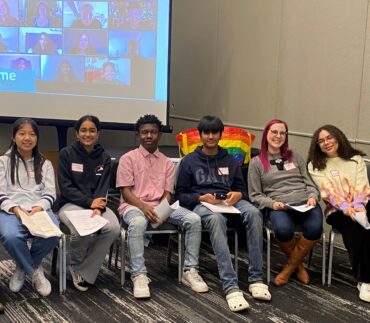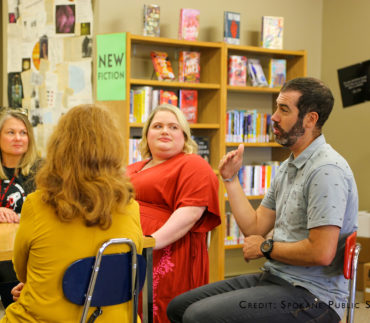Only 50% of foster youth graduated in 2020. That rate is abysmal and clearly shows a system that doesn’t work for students and needs to be addressed.
The thought behind foster care is that children who cannot live with their biological parents simply need someone to love and care for them, and everything will be all right. The truth is that more than 40% of Washington youth in foster care move through at least three homes before aging out of the system, and with each change – to a new family, school, or district – their academic progress slips backward.
“Many foster caregivers need training and knowledge to adequately navigate complex educational systems. This can create unnecessary conflict between the home and school teams. As foster caregivers increase their own knowledge of educational processes, they are better able to support the educational progress of the young people in their care and function as full and equal partners with the school,” says a representative at Treehouse. Last year, when surveyed, 162 caregivers identified five main topics where they wanted additional training they included: specific information about Treehouse programs, strategies for managing behavioral challenges, tools to support academic progress, supporting youth with disabilities in the school setting, and understanding education plans.

A recipient of the Equity in Education Fund, Treehouse will use $180,000 in grant funding to intensify its efforts to reform the foster care and education system to better serve youth. This includes the co-design, delivery, and refinement of trainings for foster caregivers and for adults in the child welfare and education systems on how to work together on the education needs of youth in foster care. Caregivers will benefit from improved information about the needs, rights, and resources of youth in foster care. Social workers and school and district staff can learn about those topics and about how to best facilitate respectful and meaningful collaboration with foster caregivers.
“The goal is to facilitate more full and authentic partnerships between schools and foster caregivers by building knowledge and skills of both groups about working together more effectively,” said Rachel Clements, Program Officer at College Spark Washington.
The new trainings will be co-designed with foster caregivers and youth in care, OSPI and DCYF, and the community organizations to center the pressing current needs of youth of color, LGBTQIA2S+ youth, and students experiencing physical, mental, and behavioral health challenges.
“We know from our work and from studies that not graduating and spending time in the foster care system are connected to poor outcomes for young people,” said Erin Jones, trustee at College Spark Washington. “Breaking these connections is very important to us, and that’s why I am excited to support Treehouse’s efforts to change a system that will better support foster youth as they launch into adulthood.”
We can put youth experiencing foster care on a path to healthy, self-sufficient adulthood if we can make sure they get what they need early on and we offer them consistent support over time.




